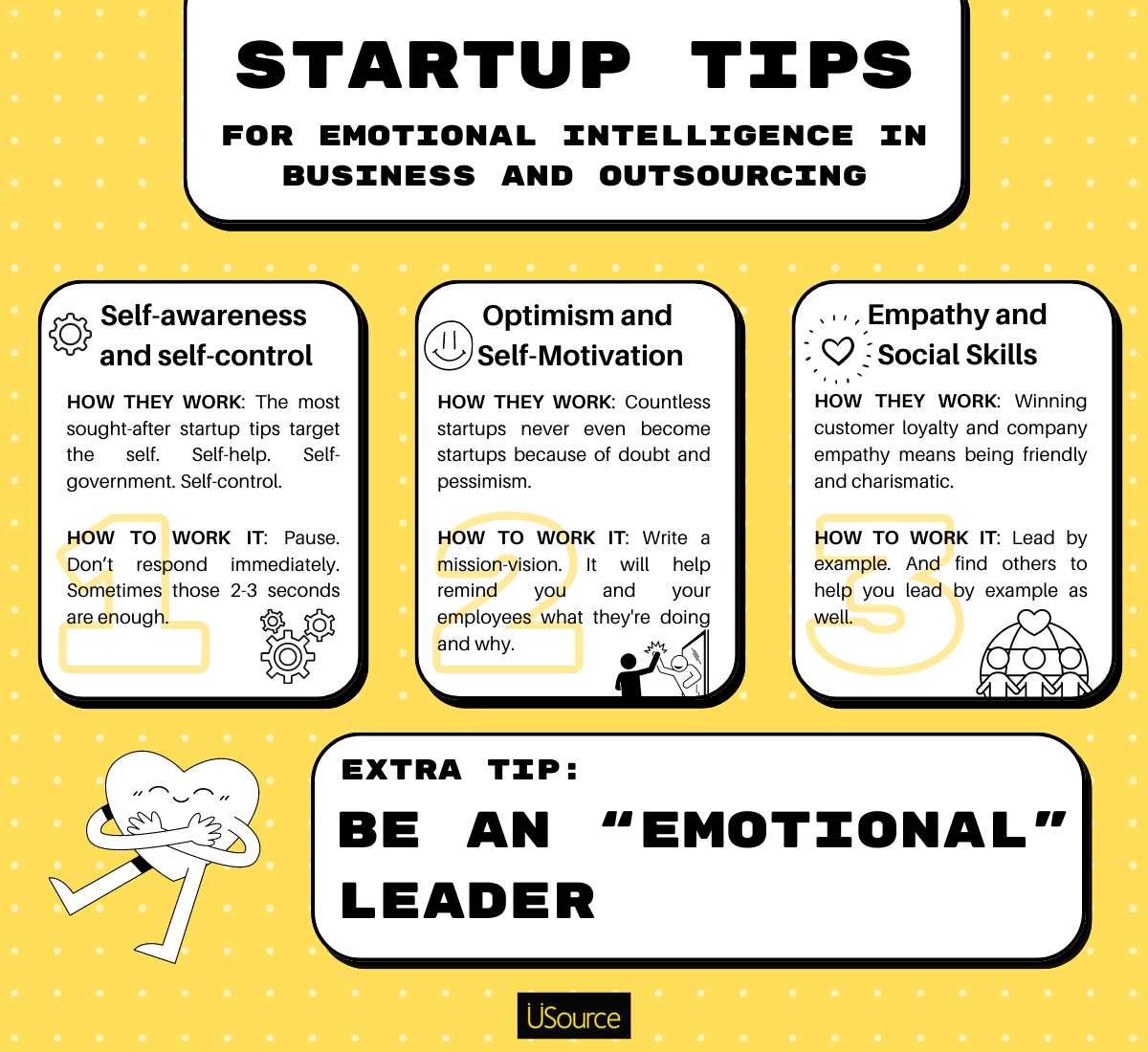
Emotional Intelligence Mastery: Practical Tips for Success
Emotional intelligence (EI) is a key factor in personal and professional success. Developing and mastering EI can enhance communication, relationships, and overall well-being. Explore practical tips for boosting your emotional intelligence.
Understanding Emotional Intelligence
At its core, emotional intelligence involves the ability to recognize, understand, manage, and effectively use emotions in oneself and others. This self-awareness and interpersonal skill set are crucial for navigating complex social situations, building strong relationships, and making informed decisions.
Self-Awareness and Reflection
The foundation of emotional intelligence is self-awareness. Take time for introspection and reflection to understand your own emotions, triggers, and responses. This heightened self-awareness forms the basis for better emotional regulation and a deeper understanding of how your emotions influence your thoughts and actions.
Active Listening and Empathy
Effective communication is a cornerstone of emotional intelligence. Practice active listening, where you fully concentrate on what others are saying, without interrupting or forming immediate judgments. Cultivate empathy by putting yourself in others’ shoes, understanding their perspectives, and acknowledging their emotions. This fosters stronger connections and a more inclusive environment.
Emotional Regulation Techniques
Emotional intelligence involves the ability to regulate and manage your own emotions. Develop techniques for emotional regulation, such as deep breathing, mindfulness, or taking short breaks when needed. These practices help prevent impulsive reactions and allow for more thoughtful responses, even in challenging situations.
Recognizing and Managing Stress
Stress is a common disruptor of emotional intelligence. Learn to recognize signs of stress in yourself and others. Implement stress management techniques, such as regular exercise, adequate sleep, and time management, to mitigate the impact of stress on your emotional well-being.
Constructive Conflict Resolution
Conflict is inevitable in any social or professional setting. Emotional intelligence equips you with the skills to navigate conflicts constructively. Instead of reacting defensively, approach conflicts with a solution-oriented mindset. Listen to different perspectives, express your thoughts calmly, and work collaboratively towards resolutions that benefit all parties.
Cultivating Positive Relationships
Building and maintaining positive relationships is a key aspect of emotional intelligence. Foster a positive and supportive environment by offering praise, showing gratitude, and actively engaging with others. Strong relationships contribute to a harmonious and productive social and work environment.
Adaptability and Flexibility
Emotional intelligence is closely linked to adaptability and flexibility. Cultivate a mindset that embraces change and uncertainty. Being adaptable allows you to navigate various situations with resilience, adjusting your approach based on the emotional dynamics at play.
Social Awareness and Cultural Sensitivity
Enhance your social awareness by being attuned to the emotions and social cues of those around you. Additionally, cultivate cultural sensitivity to understand and respect diverse perspectives. This broadens your social intelligence and enables you to navigate cross-cultural interactions with empathy and respect.
Continuous Learning and Growth
Emotional intelligence is a skill that can be continually developed and refined. Embrace a mindset of continuous learning and growth. Seek feedback from others, reflect on your emotional responses, and actively work on areas where you can enhance your emotional intelligence.
Emotional Intelligence Tips in Action
For comprehensive insights and additional resources on enhancing your emotional intelligence, visit Emotional Intelligence Tips. This resource provides practical tools, case studies, and expert advice to support your journey toward mastering emotional intelligence.
Conclusion: Elevating Your Emotional Quotient
In conclusion, mastering emotional intelligence is a journey that begins with self-awareness and extends to positively impacting the world around you. By implementing these practical tips, you elevate your emotional quotient, fostering better relationships, effective communication, and overall success in both your personal and professional life. The continuous development of emotional intelligence is not just a skill; it’s a transformative approach to living a more fulfilled and empathetic life.


